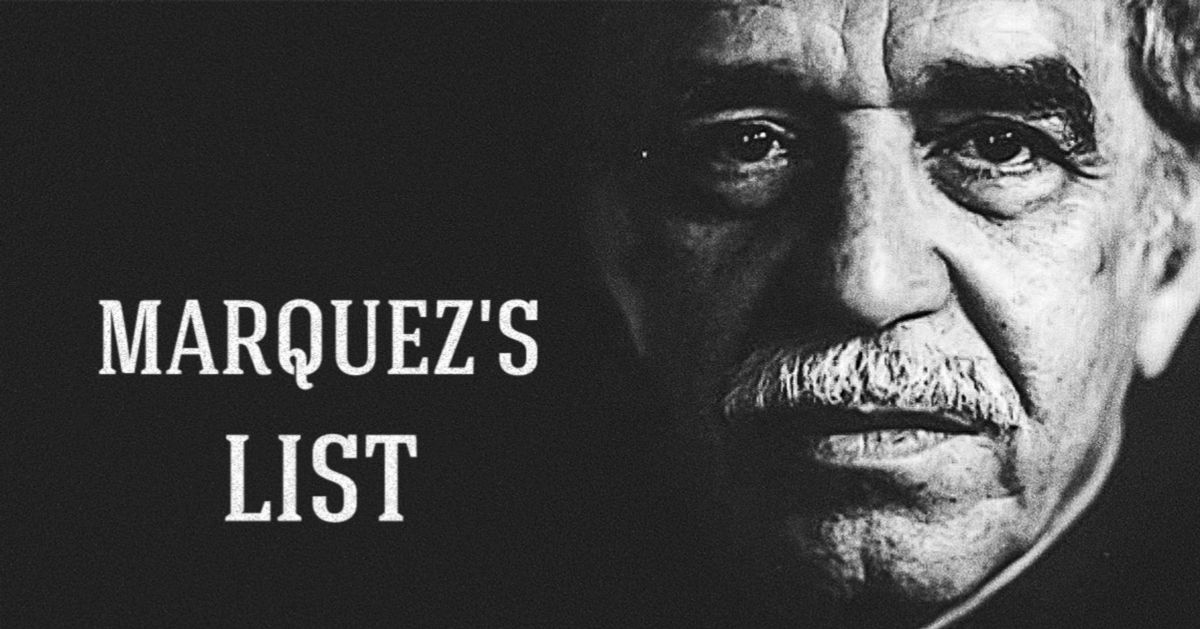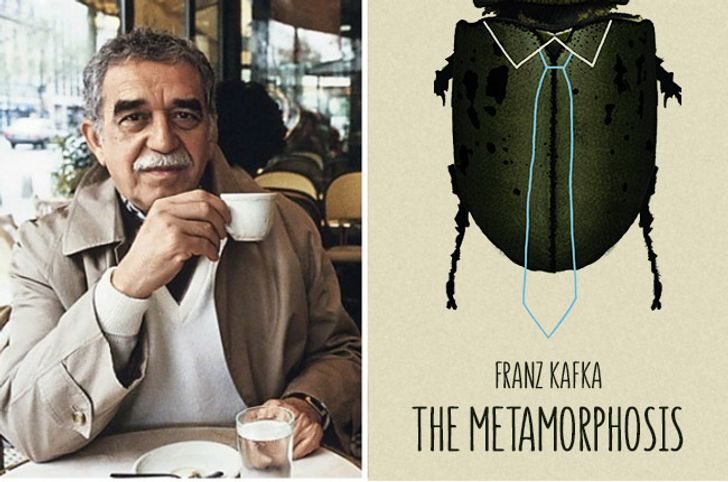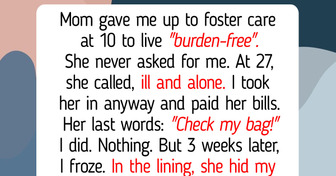15 People Who Stay Kind Even When Their World Is Falling Apart

People
month ago

Tell me what you’ve read and I will tell you who you are, because going through someone’s library is a great way to get to know them better. For a writer, opening themselves up to the world is even more important because it’s the essence of their creative work. Maybe that’s why many writers put together a list of books they personally found to be the most influential.
Today, Bright Side offers you such a list from Gabriel Garcia Marquez, author of ’One Hundred Years of Solitude.’ In his autobiography, ’Living to Tell the Tale,’ he says these books caught his imagination and ultimately shaped his creative mind.












